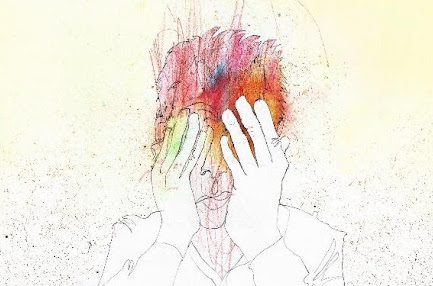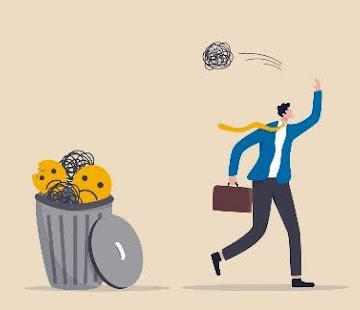In one of our previous emails, we talked about how important, but at the same time difficult, it is to adapt to new living conditions. What you need to do is accept the reality you live in and try to find your way through it. In theory it’s easy, in practice it’s a lot harder. Emotions often overwhelm us, and anxiety finds a permanent place in our souls.
How to beat anxiety if you can’t just calm down?
Sometimes anxiety is not just an experience, but a disease. It all depends on what underlies this condition.
Let’s see what are the most common causes of anxiety:
- Events that happen to you
Perhaps this is the most common cause of anxiety. We are worried about the future. We care about the health and well-being of loved ones. This daily anxiety is not dangerous. It goes away when the stressful situation ends, and decreases when you switch to some kind of routine calming activity.
- Chronic stress
It develops if you find yourself in a stressful situation day after day. Fear and excitement remain, because the stressful situation has not gone away. But in addition to them, new symptoms also appear: weakness, fatigue, a feeling of a lump in the throat, an acute desire to wrap yourself in a blanket and hide from the world. As a result, it can lead to the development of psychosomatic diseases and mental disorders.
- Hormonal changes
Hormonal surges affect the functioning of the brain, because of which a person can feel unhappy, deeply worried about innocent reasons.
- Depression
Depression is a serious illness, one of the symptoms of which is anxiety. If depression is not treated, it can provoke other problems, for example, with the heart and blood vessels, develop into other mental disorders.
- Anxiety disorder
 An anxiety disorder is said to be when anxiety (permanent or in the form of acute attacks) lasts more than six months and manifests itself with physical symptoms: palpitations, sweating, weakness, inability to focus on anything but fear.
An anxiety disorder is said to be when anxiety (permanent or in the form of acute attacks) lasts more than six months and manifests itself with physical symptoms: palpitations, sweating, weakness, inability to focus on anything but fear.
- Other mental disorders
Excessive and constant anxiety is a characteristic symptom of other mental disorders. For example, schizophrenia, obsessive-compulsive disorder (compulsive disorder), manic-depressive psychosis, alcohol and drug use disorders.
How to get rid of anxiety if it is not associated with a mental disorder?
In this case, the usual methods to control stress will help. Here are some of the fastest ways to deal with anxiety:
- Grab a piece of paper and a pen and write down your thoughts. This will help to understand that the cause of anxiety is not as scary as it seems.
- After that, relax and take a deep breath for 4 seconds and the same exhalation, practicing the exercise for at least 5 minutes. By balancing your breathing, you will decrease your heart rate, which will help you calm down.
- Then go for a walk, and if this is not possible, do yoga for at least 15 minutes.
- Aromatherapy is believed to help activate certain receptors in your brain that help reduce anxiety. In particular, a candle or scented oil with lavender, chamomile, or sandalwood can help relieve tension and relax a bit.
- Play soothing music or listen to the sounds of nature.
- Switch from the topic that causes you concern. For example, if you’re nervous about the news, turn off the TV and log out of social media. Instead, watch a comedy or romance, read a book, play with your cat, call a friend. Your task is to occupy your head with something else, to distract yourself from a stressful situation.
 Learn to tell yourself “stop”. Watch your thoughts and stop in time. If you find yourself thinking about something unsettling, keep that fact in mind. Imagine that you take a worrying thought into your fist and toss it aside. And then consciously start thinking about something else – about a situation that you can control.
Learn to tell yourself “stop”. Watch your thoughts and stop in time. If you find yourself thinking about something unsettling, keep that fact in mind. Imagine that you take a worrying thought into your fist and toss it aside. And then consciously start thinking about something else – about a situation that you can control.
Important to remember! Nicotine and caffeine increase feelings of anxiety. If you want to take a break, replace coffee and cigarettes with tea. By the way, alcohol and drugs also do not help overcome stress and anxiety, but rather increase these feelings. Moreover, the abuse of these substances can lead to addiction and the appearance of an anxiety disorder or depression.
If your anxiety has reached the level of a mental disorder, you need help. The sooner you seek help, the easier it will be to regain your cheerfulness and positive attitude towards the world.
Can you manage your anxiety or is the situation out of control?